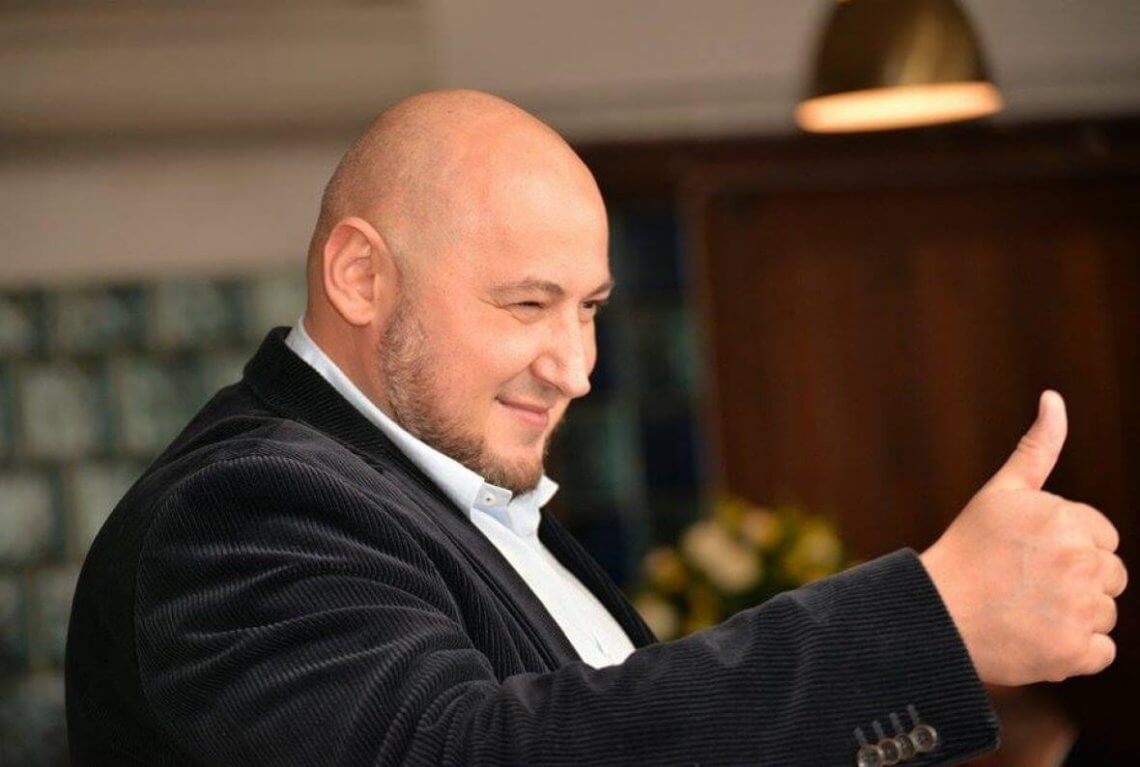Effective assessment and case formulation is not only the starting point but the heart of the treatment plan in cognitive behavioural therapy (CBT) and cognitive behavioural hypnotherapy (CBH).
In a recent survey 1 in 6 adults had experienced some form of ‘neurotic health problem’ in the previous week – yet effective psychological treatments do exist for many of these mental health problems.
However in order to prescribe the correct psychological treatment, knowledge of basic psychopathology is required as well as good assessment and conceptualisation skills. In addition conducting a risk and protective factors assessment is a vital aspect of the initial meeting with a client or patient.
Assessing and case formulation (also known as case conceptualisation) is therefore the most fundamental part of treatment in cognitive behavioural therapy. The cognitive-behavioural assessment is based on simple principles with clearly defined aims. Since the central principle of the model is that the ways in which an individual behaves are determined by situations faced and individual’s interpretations of those, this would constitute the main focus of the assessment, with an emphasis on the specific details (such as maintaining factors) of a presenting problem rather that the more global aspect of it. Because the model has its basis in experimental methods, the earlier sessions are used to devise an initial formulation and treatment plan. Thus the principle aim of the assessment is to derive a preliminary case formulation which will form the basis for the future treatment plan.
This one day workshop will explore and uncover fundamental skills in the CBT/CBH approach. The workshop offers a brief introduction to CBT theory with the aim of teaching participants the CBT skills of assessing clients and producing CBT formulations of their problems.
The workshop focuses on practical clinical skills through improvised role-play. The workshop facilitator will enact interventions with clients, leading workshop participants through the stages of assessment to produce a CBT formulation for the client (or patient). The format of the workshops will be a mixture of taught sessions, large and small group work, and skills practice.
The workshop is experiential and will focus on acquisition of assessment, formulation, engagement and planning competencies through case-based learning.
What this workshop will do for you:
The training covers a wide range of CBT topics from introductory through to advanced. The combination of lecture, case studies (video/ audio analysis) and role plays significantly develops skills and knowledge of CBT techniques and provides an effective and cost efficient investment in your professional development.
This training will provide a CPD Certificate (6 hours) signed by a senior BABCP accredited psychotherapist and lecturer as well as the principle of the college.
Learning objectives:
- Trainees will receive an overview of the fundamentals of psychopathology (the science of mental illness).
- Trainees will be introduced to different clinical assessments, self-inventories and CBT case formulations (or case conceptualisations) for depression and anxiety.
- By the end of the workshop:
- You will be able to understand assessment processes and the main working models (or vicious cycles) for the most common mental health disorders.
- You will be able to understand the main factors that maintain depression or anxiety such as, social isolation, cognitive distortions and misinterpretations, catastrophizing, paying negative attention to normal physical sensations, etc.
- You will gain experience in creating a therapeutic alliance (collaboration and the role of the relationship, installing new coping strategies and other motivational tools).
- You will also gain experience in formulating and agreeing on a psychological treatment plan with the client – and how to conduct this so as to optimise participation and adherence.
- You will understand the self-report measures of commonly used at the assessment stage.

About Daniel Mirea
Daniel Mirea is an accredited CBT consultant, senior lecturer, researcher and writer who trained and worked with some of the most recognisable clinicians in the United States and UK over the years (i.e. Donald Meichenbaum, Gilbert P, Corrie S, Padesky C, Young J, Hays S, Linehan M, Emmy van Deurzen, etc.).
He currently writes workshops, doctoral programmes and trains in different cognitive and behavioural approaches.
Book now
This workshop is currently available in an online (pre-recorded) format only. The online workshop costs £75.

